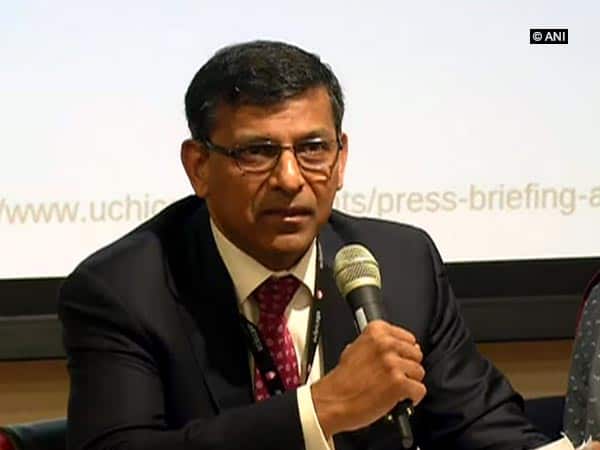Mumbai: Making a scathing attack at Narendra Modi government, former Reserve Bank of India governor Raghuram Rajan said its majoritarianism and authoritarianism were taking the country down a “dark and uncertain path”.
As reported by the Times of India, the former RBI head also accused the government of weakening institutions.
Making a dark prognosis for the economy, Raghuram Rajan told during OP Jindal Lecture at Brown University in the US on October 9, that the government’s economic performance is not sustainable. He expressed fear that there is a risk of the country going the Latin America way in terms of populist policies.
Rajan held “factors such as ill-conceived demonetisation and poorly executed GST” responsible for the current slowdown.
Blaming centralisation for the Modi government’s inability to progress on the economic front, Rajan said “Modi did not do better in the economy during the first term because the government is extremely centralised which puts a lot of pressure on the leadership, which does not have a consistent, articulated vision on how to achieve growth.”
ToI further quoted him as saying, “Ministers are disempowered. The bureaucrats are unwilling to take decisions on their own and do not have a strong idea of serious reform.” Rajan claimed that the bureaucracy’s effectiveness has been diminished.
Lamenting upon P Chidambaram’s imprisonment, Rajan said “Even senior officials have been held in custody without upfront evidence. I do worry that the former finance minister has been held in jail without trial for over a month.”
Drawing parallels between Indira Gandhi and Modi, Rajan said, “Because of the weakness of institutions every government runs the risk of turning authoritarian. This was true about Indira Gandhi after 1971 as it is true of the Modi government in 2019.”
Cautioning that majoritarianism is taking India down a “dark and uncertain path” and weakening national security, Rajan highlighted issues like triple talaq and Kashmir. He claimed majoritarian nationalism is intrinsically divisive because it labels a bunch of citizens the ‘others’ and sets impossible terms for these minorities to be considered true citizens. It ends up alienating them and, as Lincoln said, a house divided by itself cannot stand.
Rajan attributed Modi’s success to “superb command over social media” and rebuffed the perception that Modi is respected globally, claiming that people respect Indian leaders, not because of the force of their personality but because they represent a 1.3-billion-strong market democracy growing fast.

